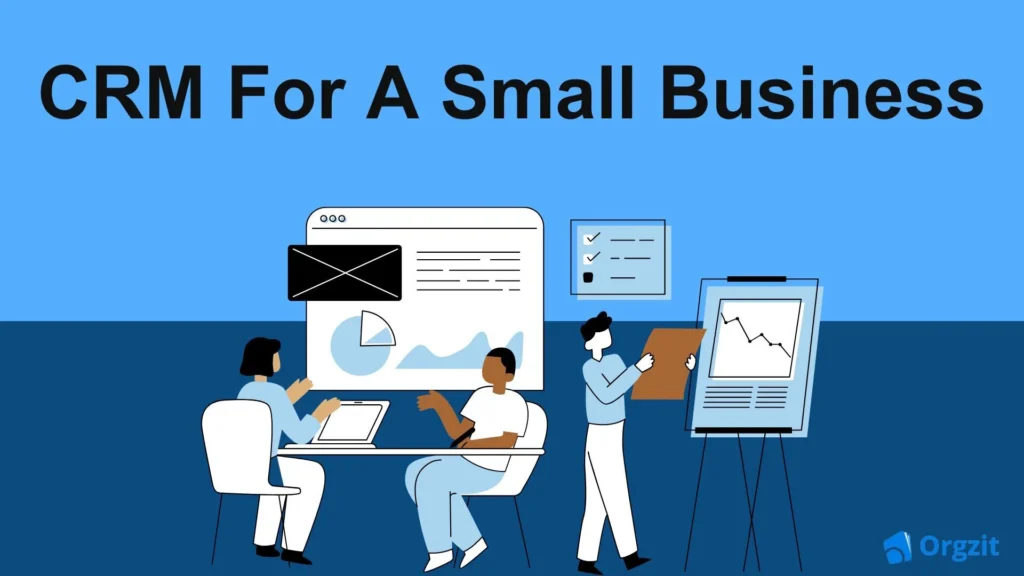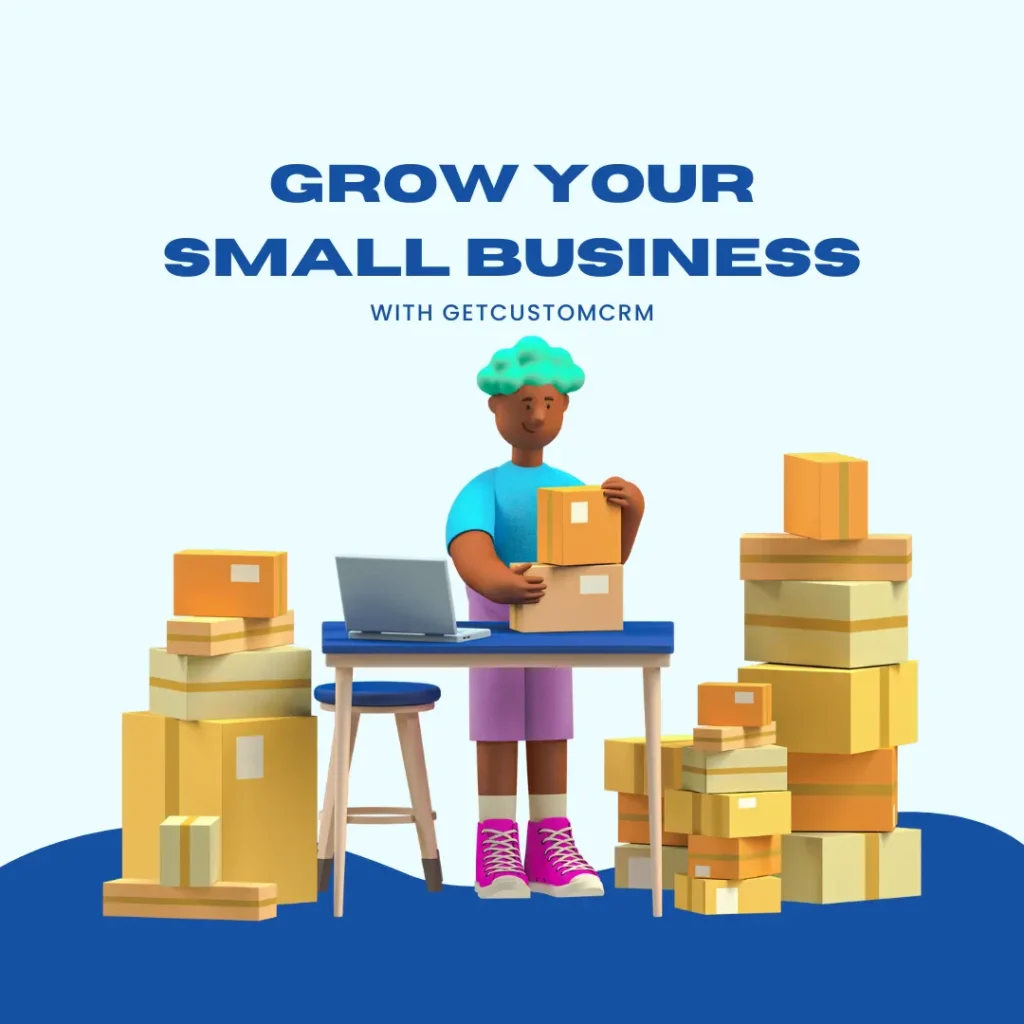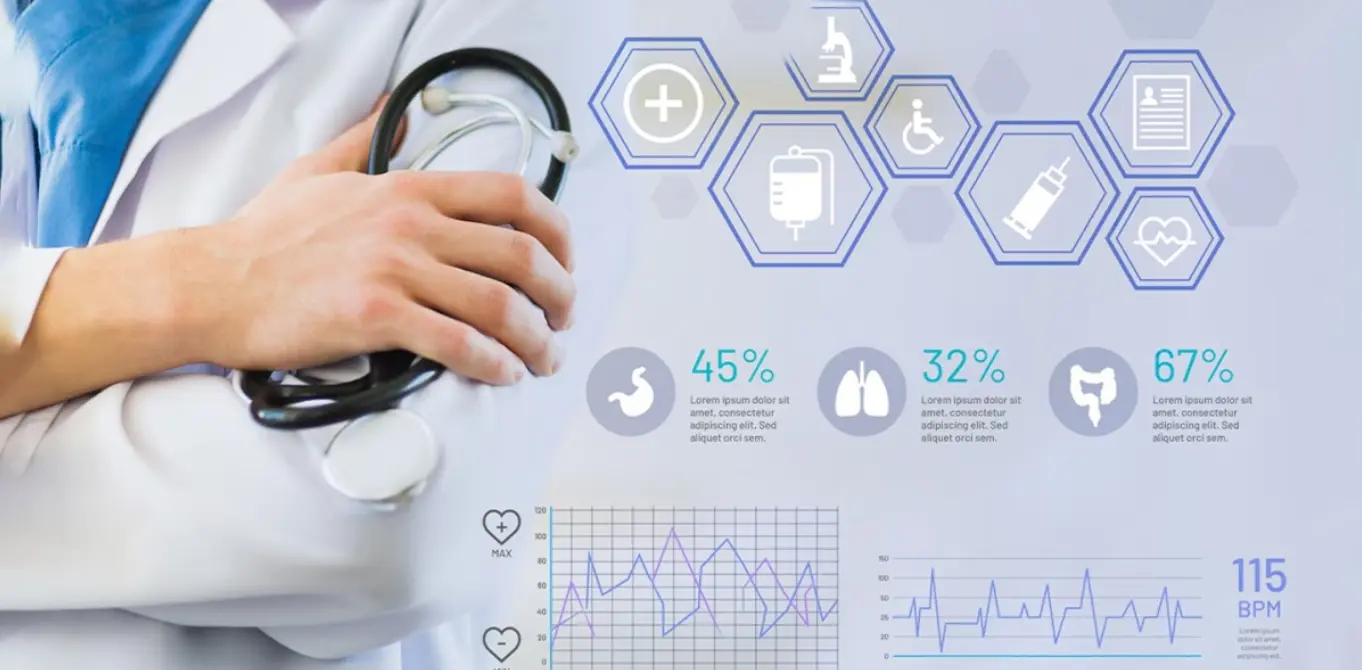
As you run a small business, you may feel like wearing 10 hats at once. Managing sales, tracking orders, and satisfying customers with the best experience all at once sometimes becomes harder than imagined. Handling everything at a time without big teams sounds difficult for small business owners. That’s where CRM for Small Businesses steps in. Let’s take it as a digital assistant designed specifically to lessen your burden by managing sales tracking and customer data.
If you’ve ever felt like being caught up too much in the management and tracking of customers and sales, this article is for you!
Table of Contents
What exactly is CRM for Small Business?
CRM stands for Customer Relationship Management. Small businesses integrate CRM for storing data, client contact details, purchase history, transaction details, customer emails, and preferences, all in one place.
When you log into CRM, instead of going through the mess of spreadsheets, you can easily access to:
- Who your customers are
- What they have bought
- When was the last time they contacted you
- What their next demand might be
To take a few examples:
- A local bakery can have the contact details and the regular purchases of its customers listed.
- A real estate agent might store different property details and clients’ contact information in one dashboard
CRM for small businesses is like moving from a scattered mess on the desk to a clean, organized one.
Why Your Small Business may struggle without CRM?
If you haven’t incorporated CRM in your small business, there are many possible difficulties you may face:
- You may lose different opportunities as you are behind in the updates
- The data of your clients, their contact details, and purchase history may be scattered across different files
- Lacking a CRM can devoid you of a central inbox, which can lead to missing contact with clients.
- Due to scattered data, you have to face the issue of more time consumption and repetitive tasks.
A CRM for small businesses acts as a central hub for customer relationships.
How can CRM help your small business thrive?
CRM can help your small business thrive in different ways. It helps you to assemble your client details in one place. It also helps track the sales, making the customer experience much better. Customer loves it when you remember and fulfill their needs. CRM will help maintain the purchase history, thus making your customers loyal to you. Due to automation, the meetings, follow-ups, and emails and sent directly to the specific receivers, making it less time-consuming.
The feedback from customers will be stored in a report form, which will help you make better decisions, gain better results. Moreover, as your business grows, your CRM grows with you, opening doors for scalability.
Benefits of CRM in Real Life
To take a practical approach, there are many advantages that CRM for small businesses can provide:
- A small e-commerce store noticed a fall in its sales. After integrating CRM, it started sending personalized offers, leading to an evident increase in customer interaction and buying behavior.
- A dental clinic collected its customers’ data, which improved follow-up notifications and solved the no-shows problem.
- A freelance agency used an automated system, sending notifications automatically, saving many hours.
How to Choose the Right CRM for Small Businesses?
When selecting the CRM for small business, you should ponder a few questions, like what is your business type, what is your budget, and what are your goals regarding the business?
You should ask yourself
- Is there a need for something simple or highly customizable?
- Should the CRM integrate with my emails, websites, and QuickBooks?
- Will it be user-friendly for my team or not?
Industry Specific CRM Solution
Not every business needs the same features. The best CRM for small businesses is the one that fits your day-to-day workflow easier. The integration of CRM for different industries can take place with following actions
Healthcare and Clinics
The factors that matter for CRM integration within Healthcare focused industries are HIPPA-friendly permissions, apointments and reminders. It is used to send automated appointment reminders, follow ups and to track referrals.
Real Estate and Property
The significant components include, pipeline stages, listing and deal tracking, and e-signaling. CRM integration will help matching buyers to listings, scheduling views, and log every calls in timeline.

The future of CRM for small businesses
There are many attributes that may contribute in making the CRM best for small businesses including AI as a real assistant. It may help drafting the emails based on callnotes, and suggest you best next actions. Predictive insights will help analysing the past history to make assumptions like, customers are likely to reorder this week.
Conversational and Mobile-first CRM helps logging call with a single tap, reply to the customers either on whatsapp or SMS. Privacy-first will have a clear role in auditing the logs, retaining data and tracking consents.
FAQs About CRM Small Businesses
What is the best CRM for small businesses?
The best CRM depends on your business size. If you are sunning a small business, let it be getcustomcrm
How much does a CRM costs?
Ready-made CRMs: Free- $50/ user per month
Custom CRMs: From $20k for basic builds to $100+ for advanced systems.
How long does CRM development take?
Off-the-shelf: same day- 2 weeks
Custom CRM: 8-12 weeks for small builds and upto 6 months for complex one.
Why invest in a Custom CRM?
If your workflows are unique, compliance heavy or require deep integration, a custom CRM can save time and costs long term.
Which industries benefit more?
Healthcare, real estate, finance, e-commerce and manufacturing. The ones where data is sensitive, and workflows are complex.
Conclusion
A CRM for small businesses isn’t just a software but is a way to keep customers happy. It saves time and lets customer grow safer. For most small teams, starting with a ready-made CRM is enough. But if your business has more complex needs, go for the Custom CRM


